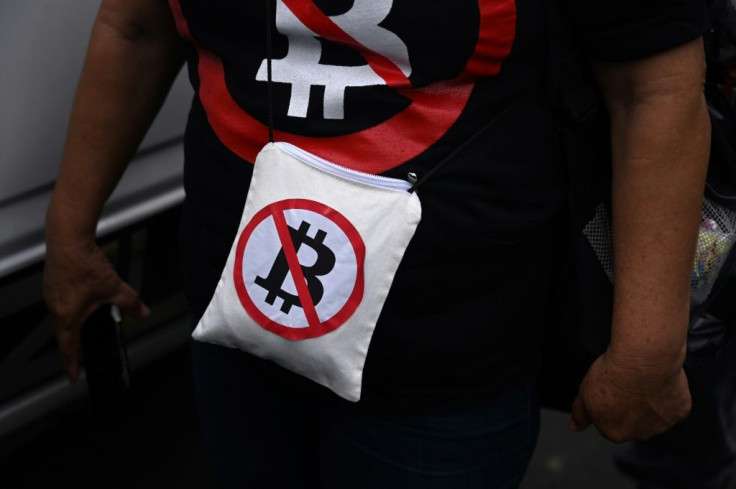Solana Touts Its Green Stripes: A SOL Transaction Uses Less Energy Than 2 Google Searches
KEY POINTS
- SOL uses Proof-of-Stake consensus vs BTCs mining process
- A SOL transaction takes 24 times less energy than required for charging a smartphone
- Entire SOL network consumes power equivalent to 986 American households
Solana's energy report for November claims that the smart contracts platform uses less energy than two Google searches and 24 times less than for charging a normal smartphone.
The report went deep into Solana Network’s energy consumption details and stated that a transaction on the smart contracts platform would require 0.00051 kWh or 1,836 joules of energy. On the other hand, an average Google search query uses 0.0003 kWh or 1,080 joules of energy, the company has said.
The report is important because Bitcoin's energy-guzzling habit is one reason it is falling out of favor with climate conscious individuals and governments trying hard to meet climate and carbon goals on a warming planet. A report by Harvard Business Review said that Bitcoin, which operates on the Proof-of-Work consensus using cryptocurrency mining for transaction validation, uses "110 Terawatt Hours per year — 0.55% of global electricity production."
Solana's November report says that “in total, the entire Solana network — with 1,196 validator nodes and an estimated 20,000,000 transactions — uses an estimated 3,186,000 kWh per year.” This, the report said, was estimated to be equivalent to the average electricity usage of 986 American households. An ETH2 transaction will consume 5,126,000 joules, the report said.
Solana works on a Proof-of-Stake consensus, which implies that the security of the network is independent of energy usage, and there is no need for an energy-consuming mining process. The platform also integrates proof of history, and parallel processing, improving scalability.
Solana “vows to even further reduce the Solana ecosystem’s environmental impact.”
The Solana Foundation plans to release multiple energy reports to keep investors and regulators updated on recent developments.
“By the end of 2021, the Foundation plans to introduce a program to help make Solana’s validator network carbon neutral and offset the footprint of the ecosystem,” said the report.
The firm appointed Robert Murphy, an energy and climate adviser, in May to advise it on speeding up the transition to carbon-neutrality and integration of environmental-friendly transactions. The transactions include purchasing and minting NFTs, among other activities.
Solana’s native token, SOL, is the 5th biggest cryptocurrency and has followed a bullish upward trajectory this year. According to CoinGecko, the SOL token has been up by 8865.5% in the past year, with an all-time high of $259.96. The price of SOL was $203 as of 1:56 a.m. ET.

© Copyright IBTimes 2024. All rights reserved.











